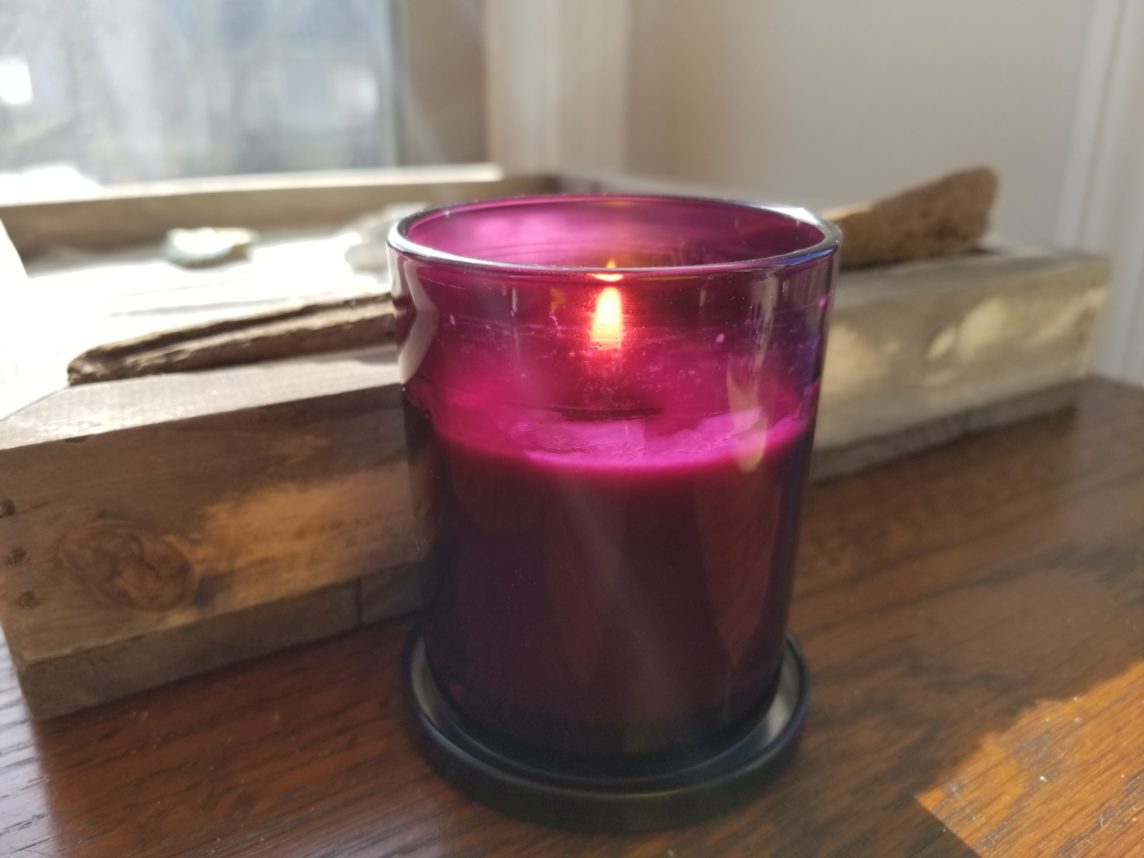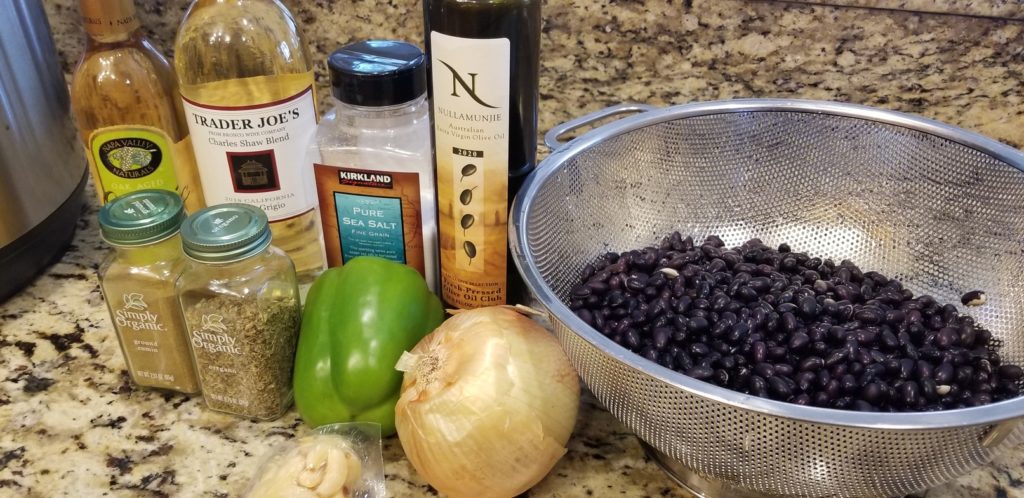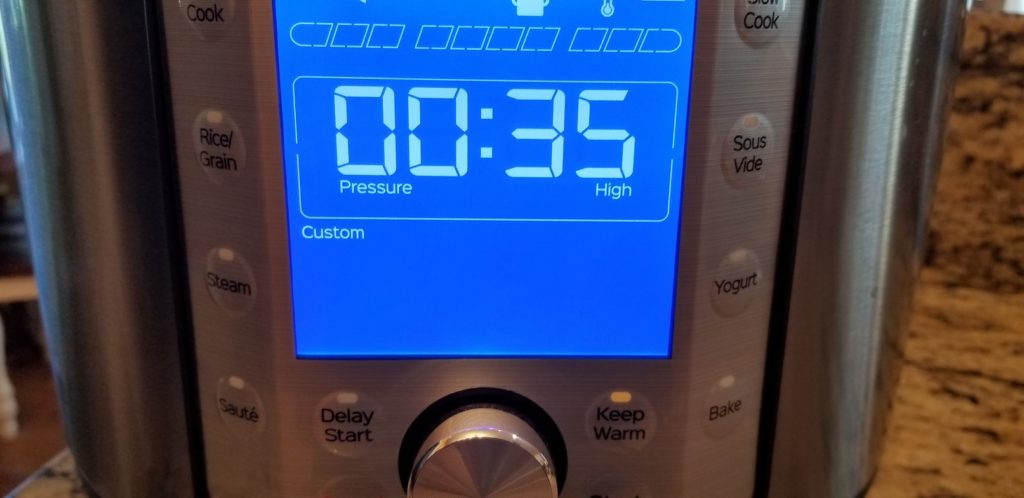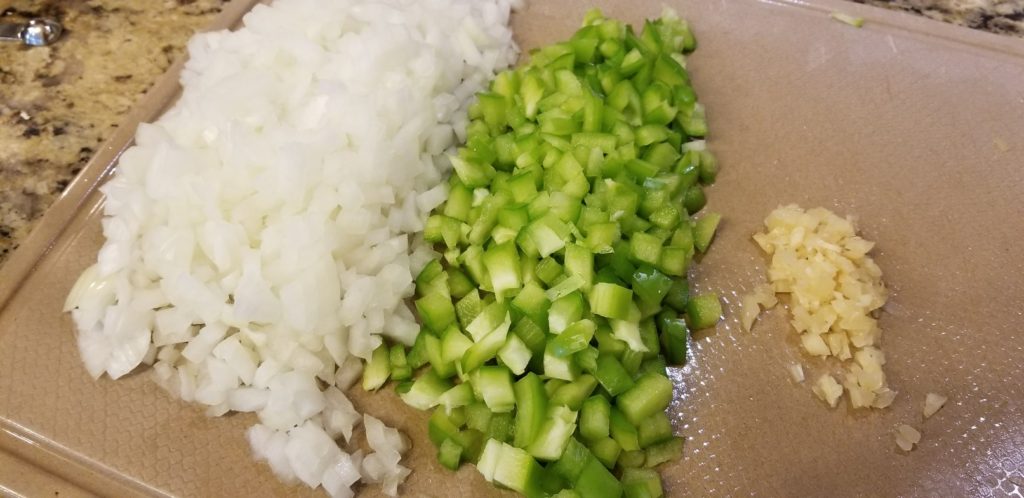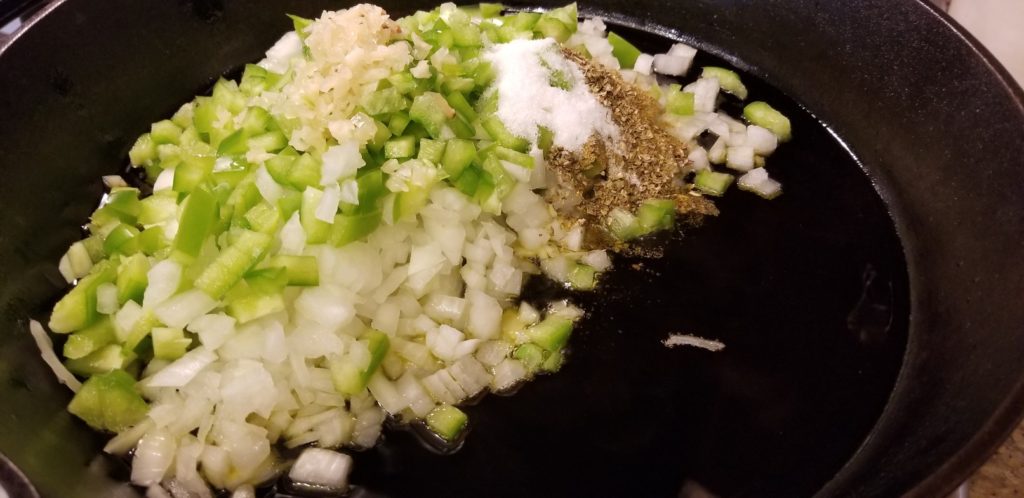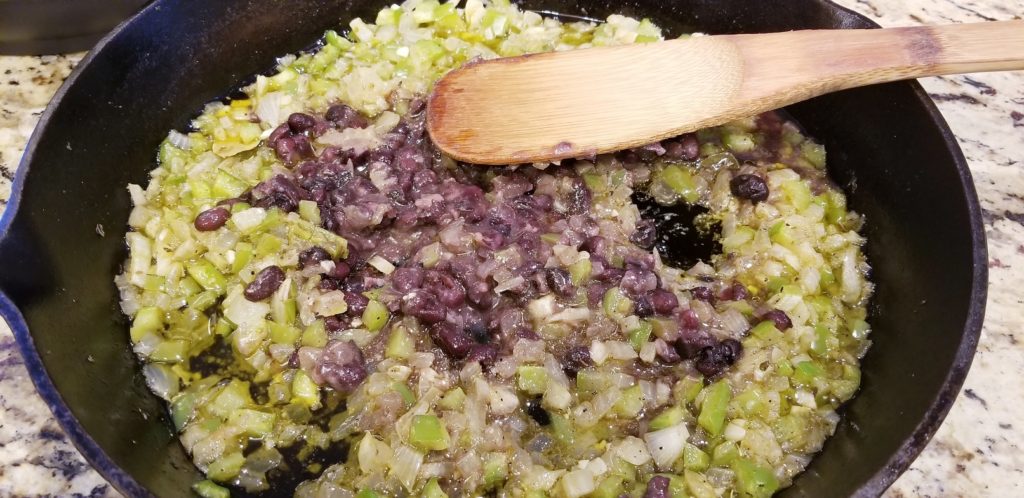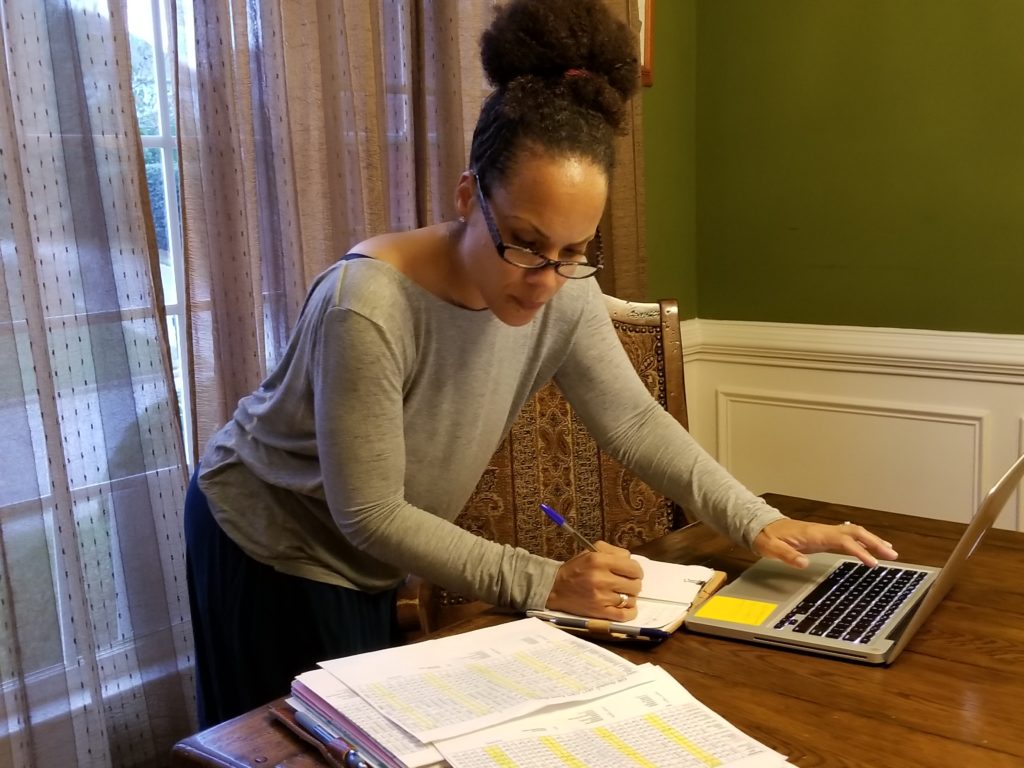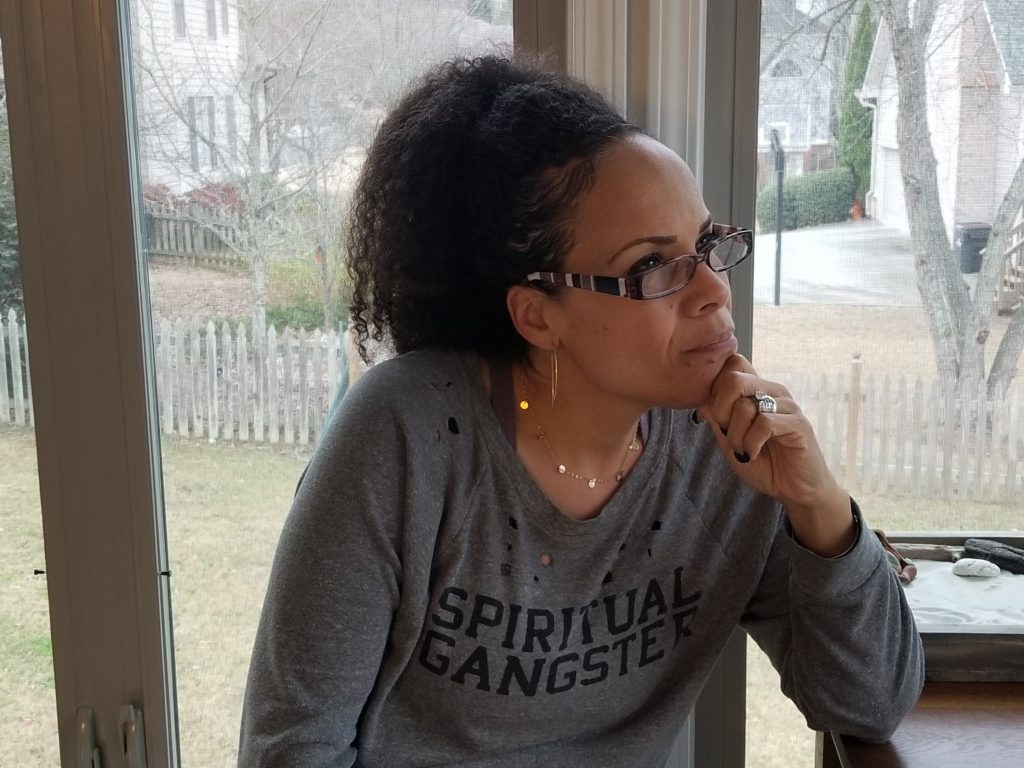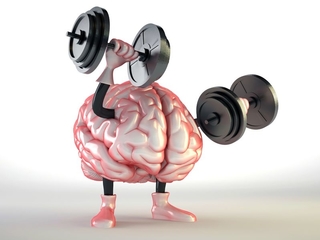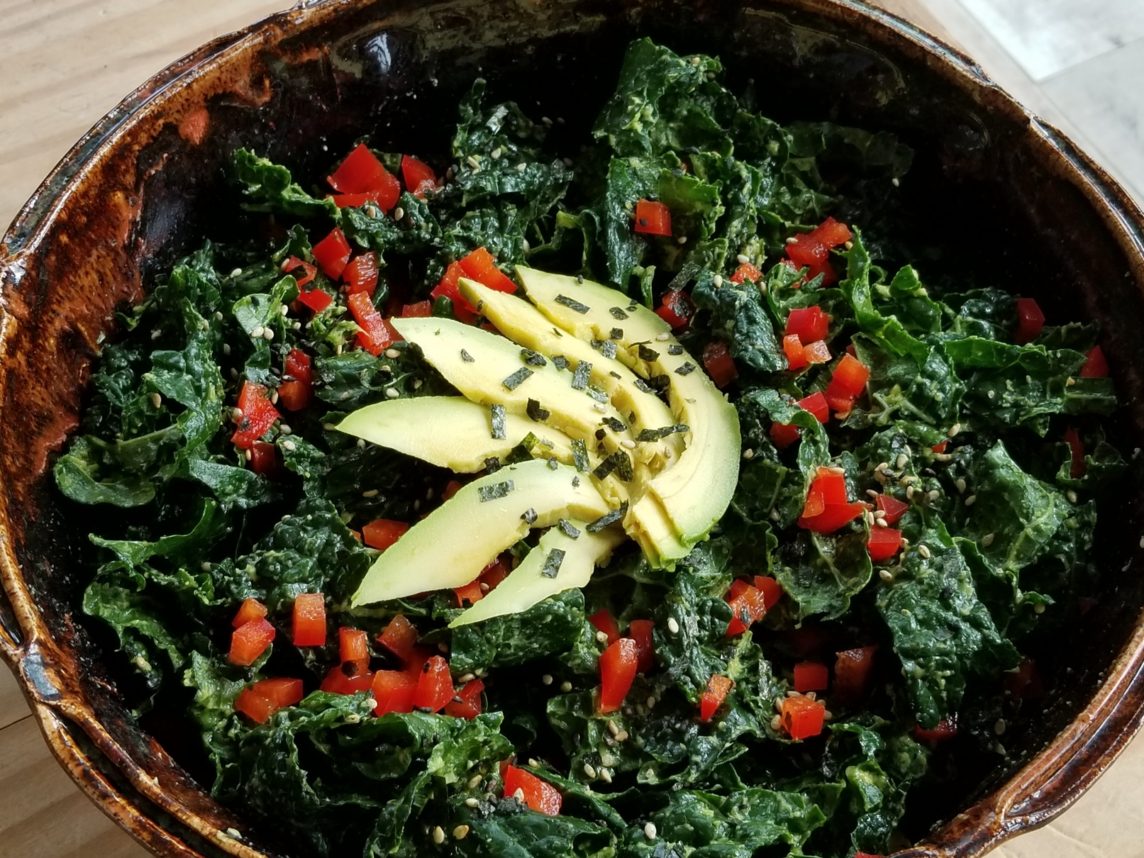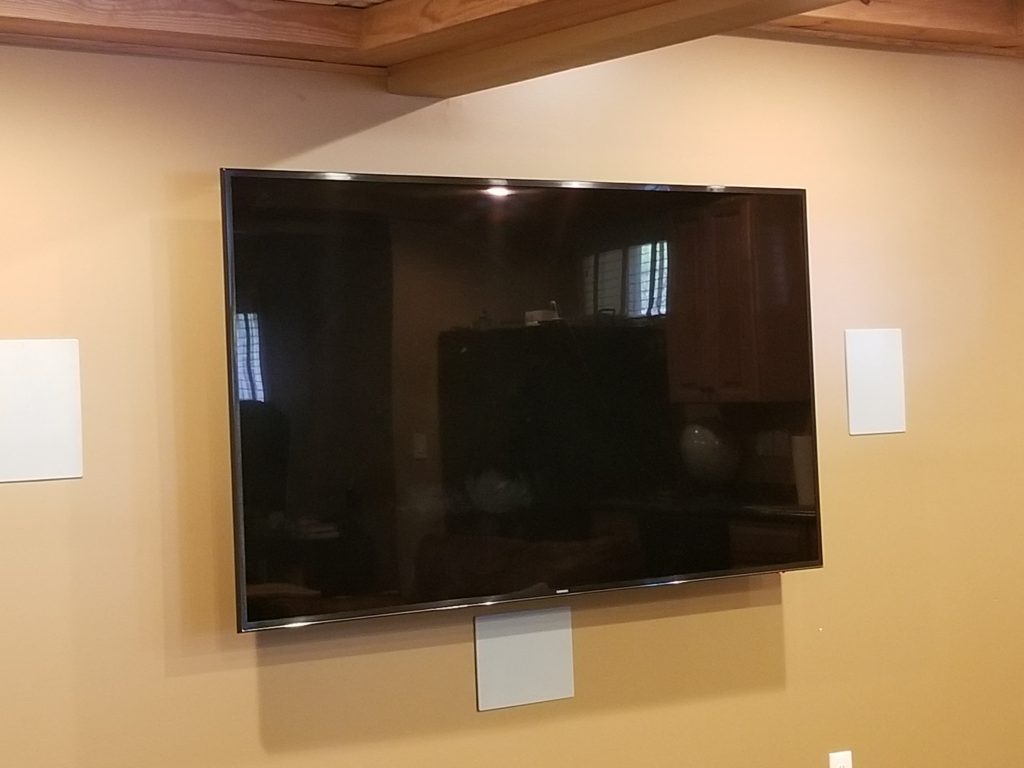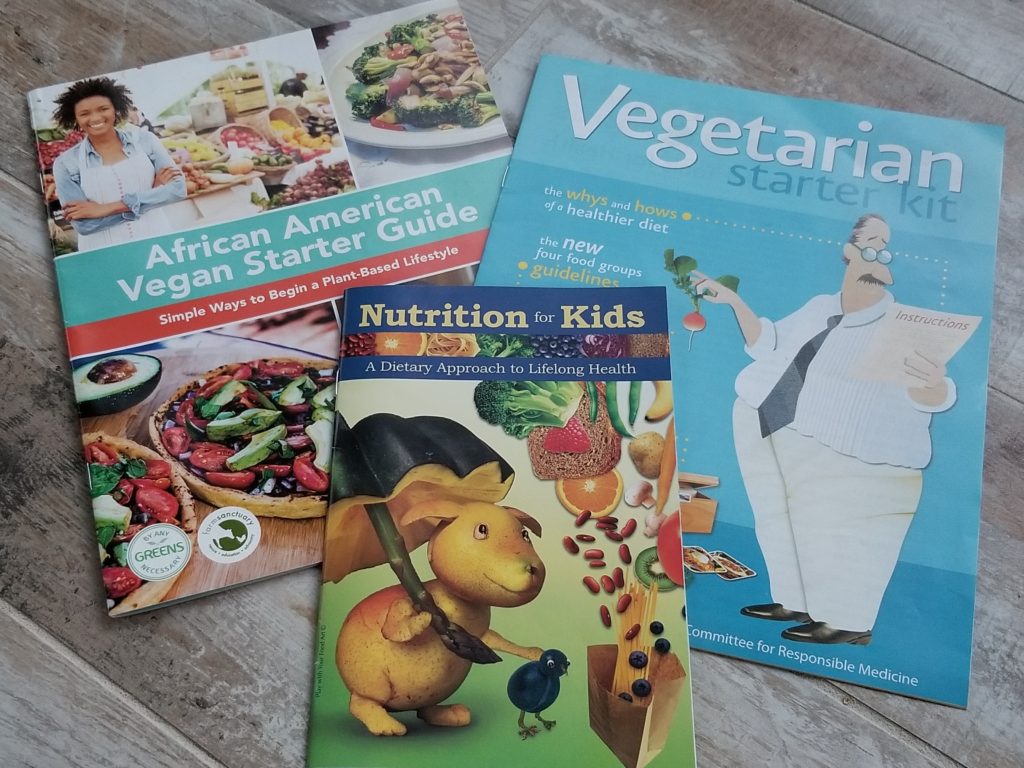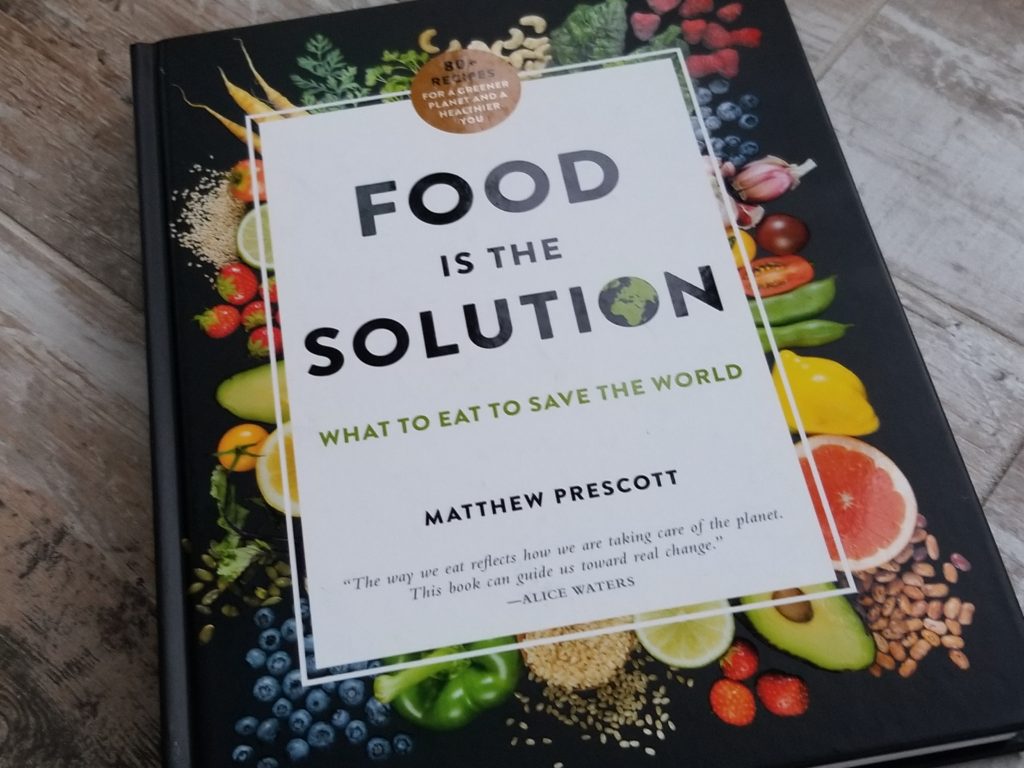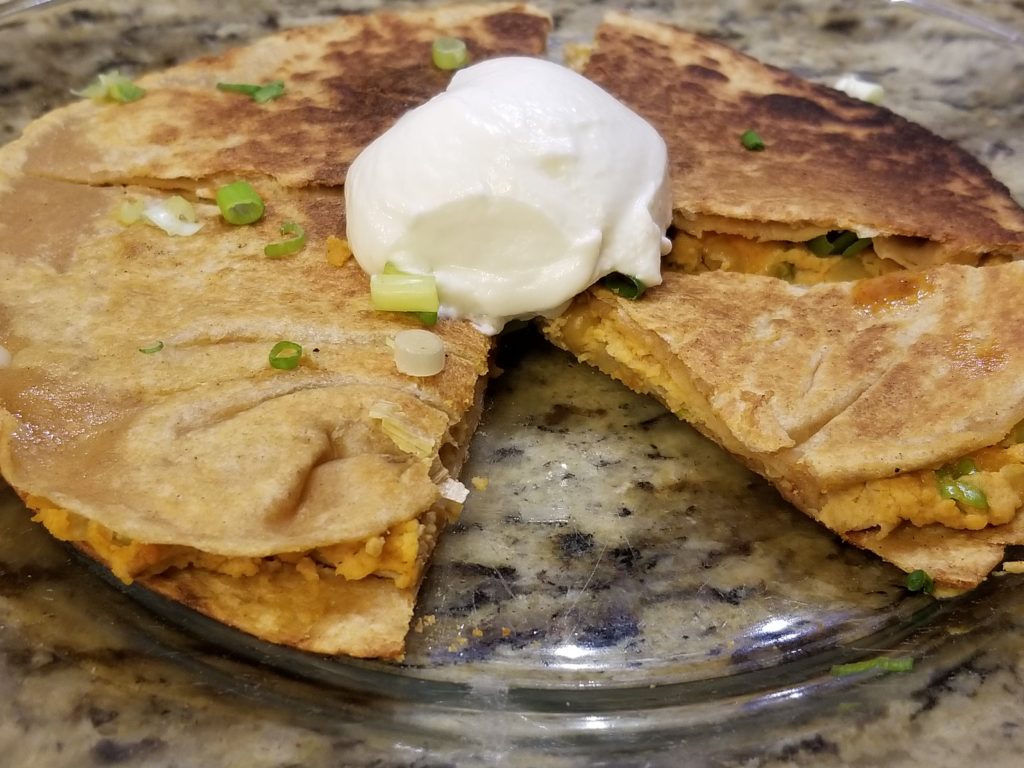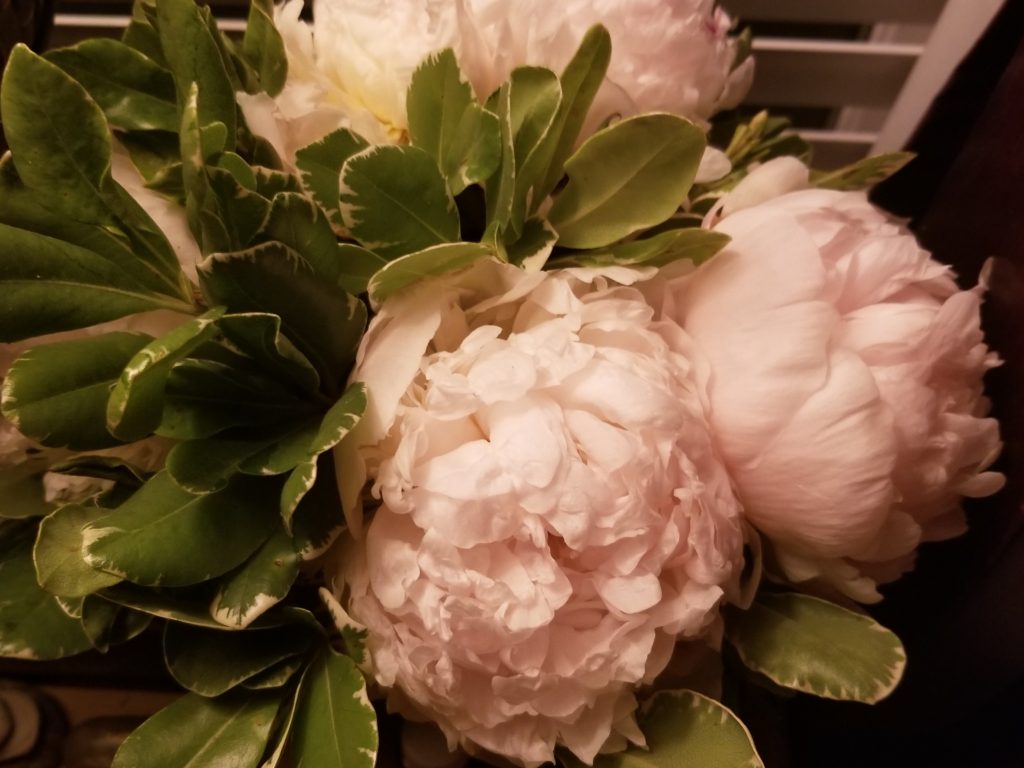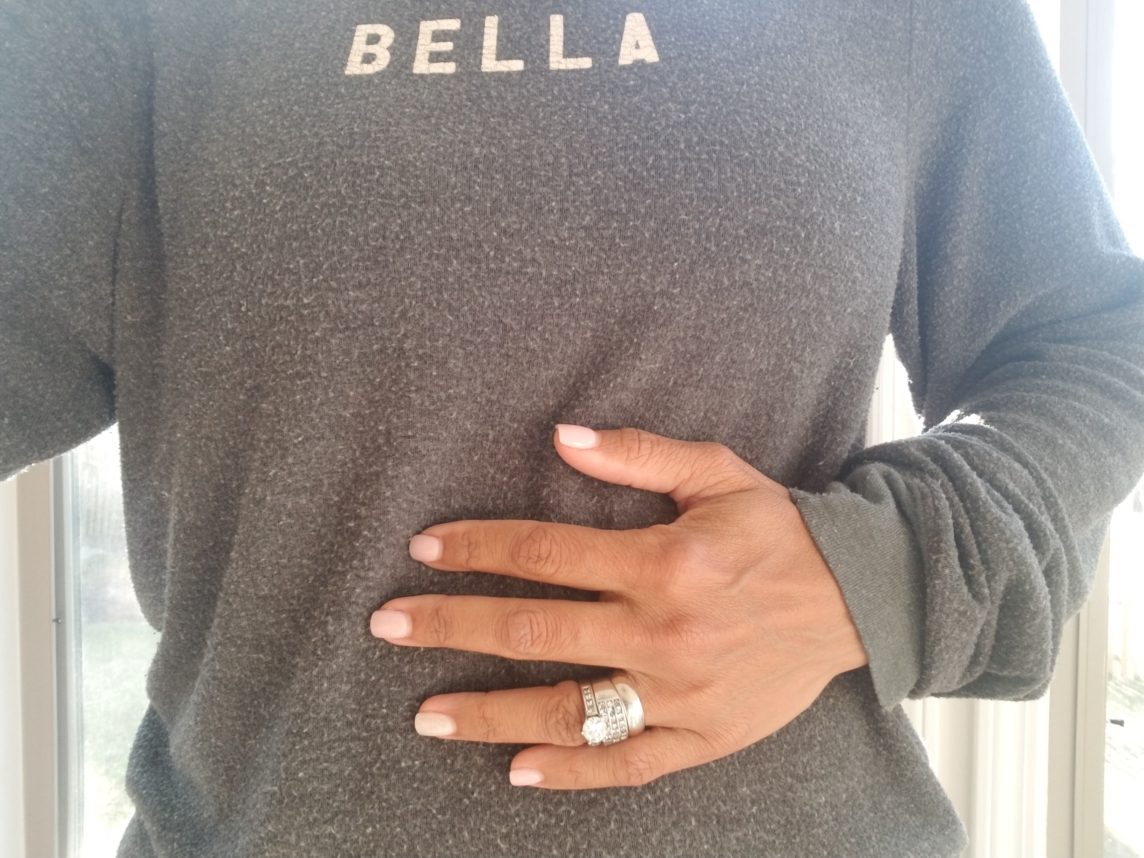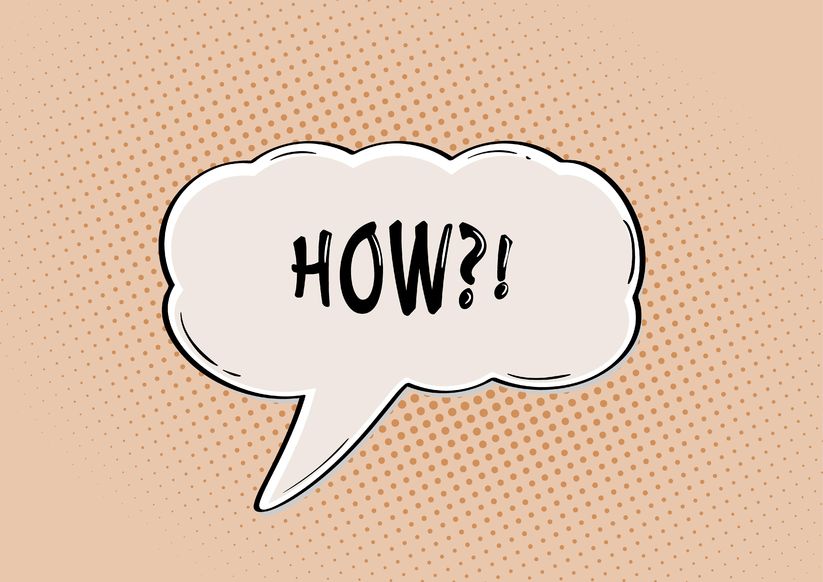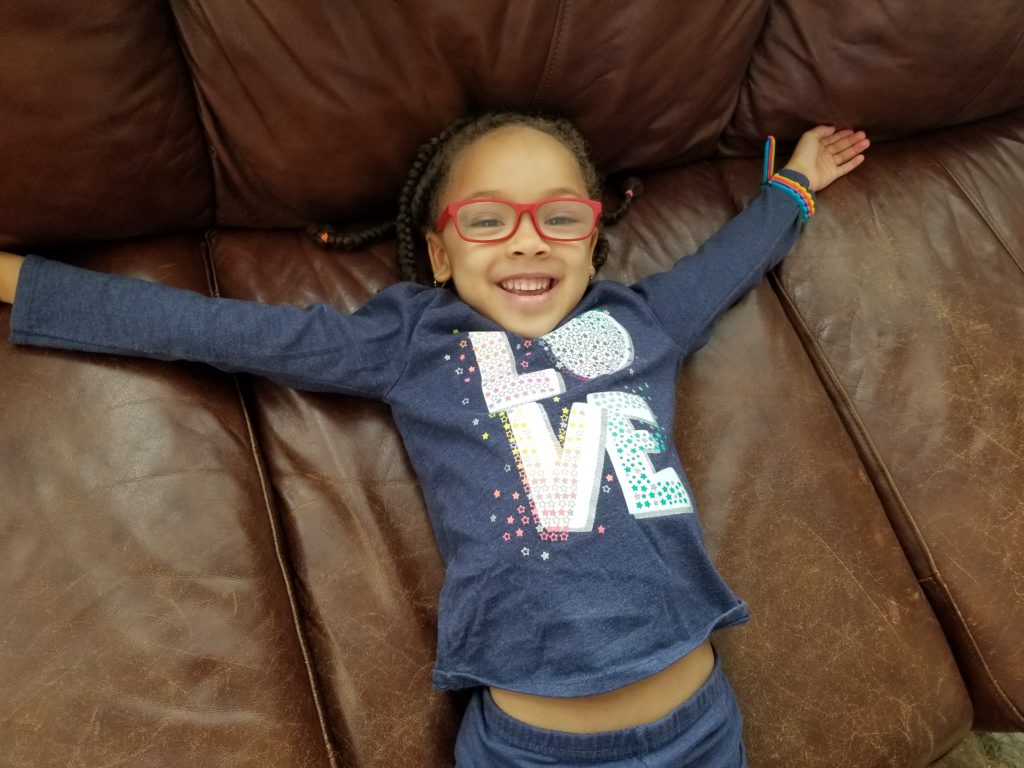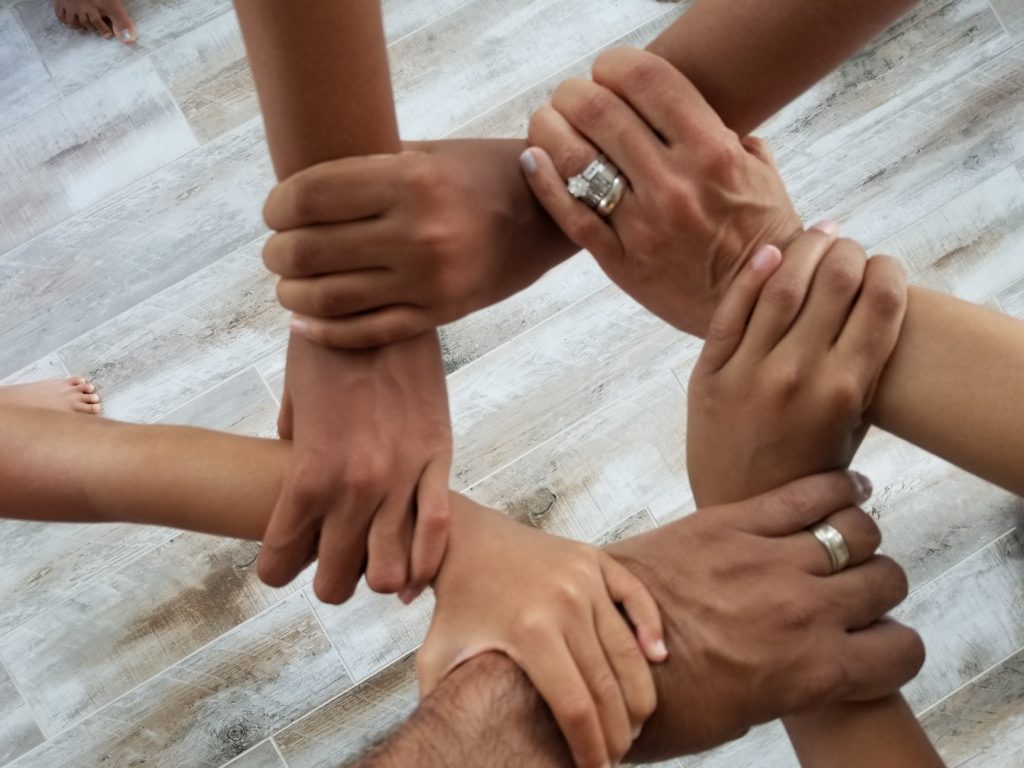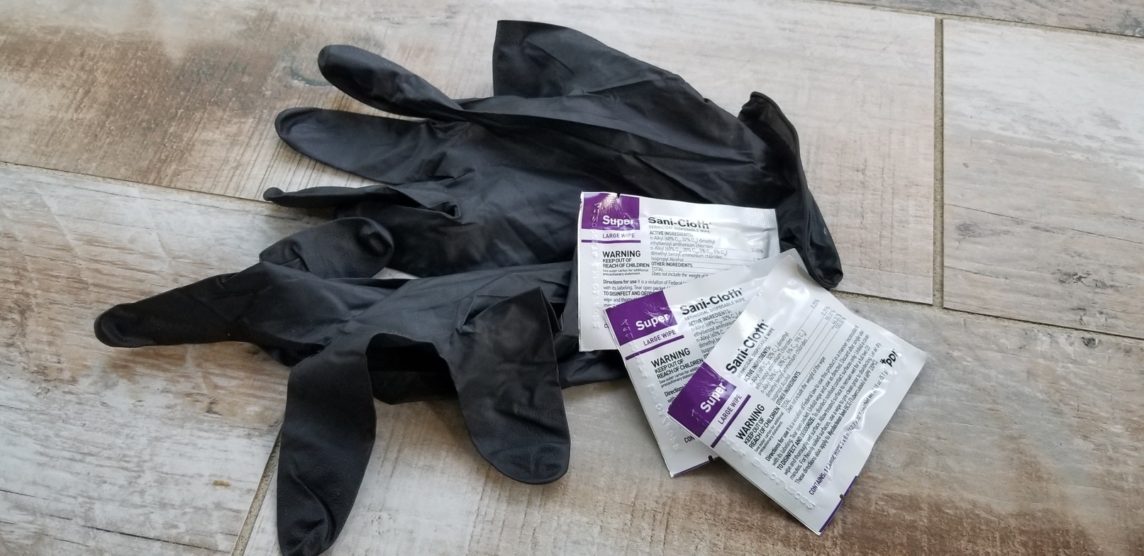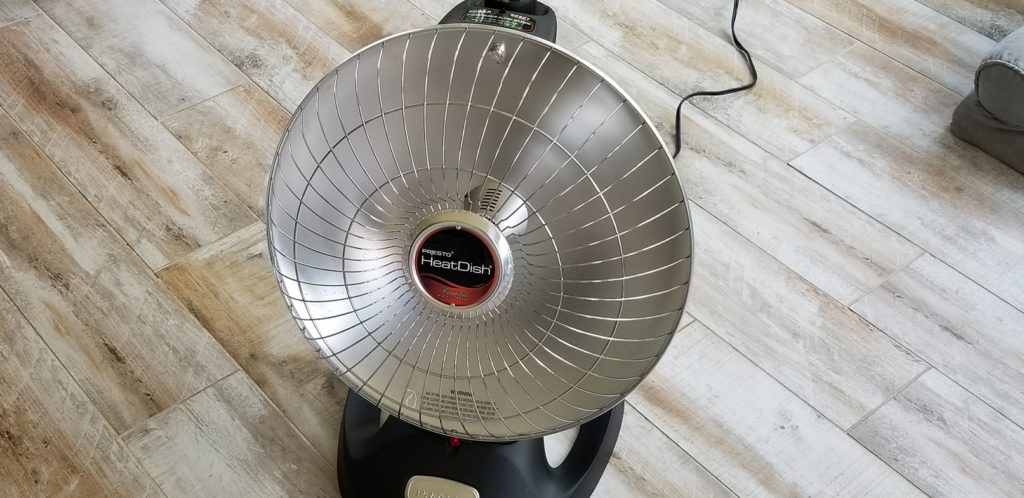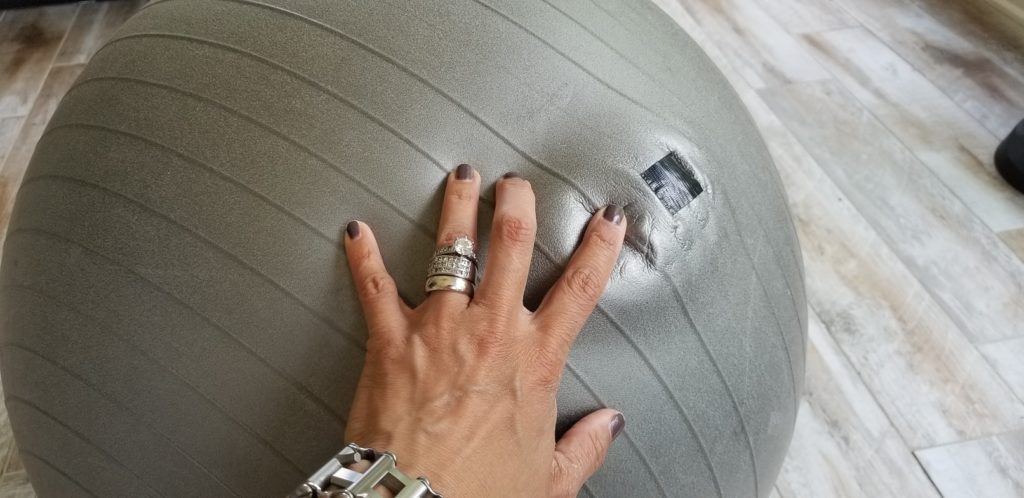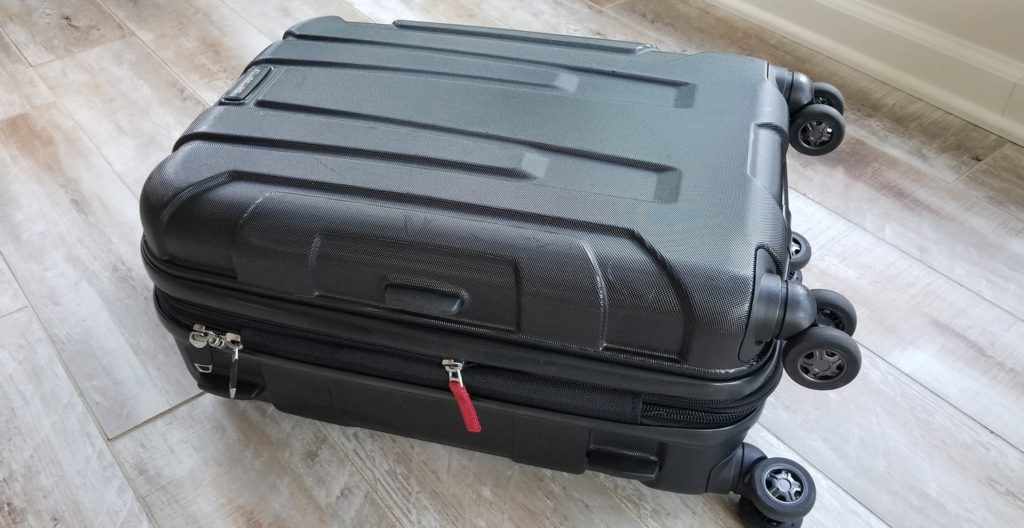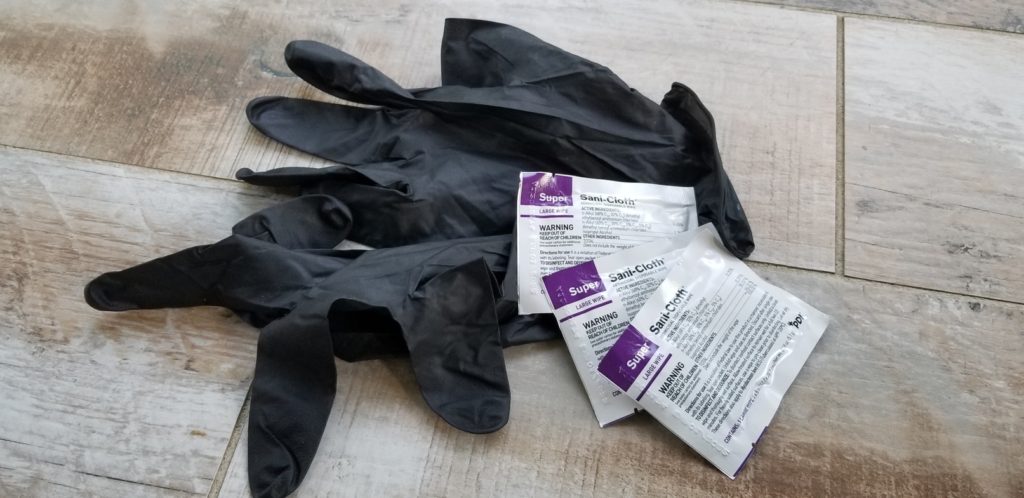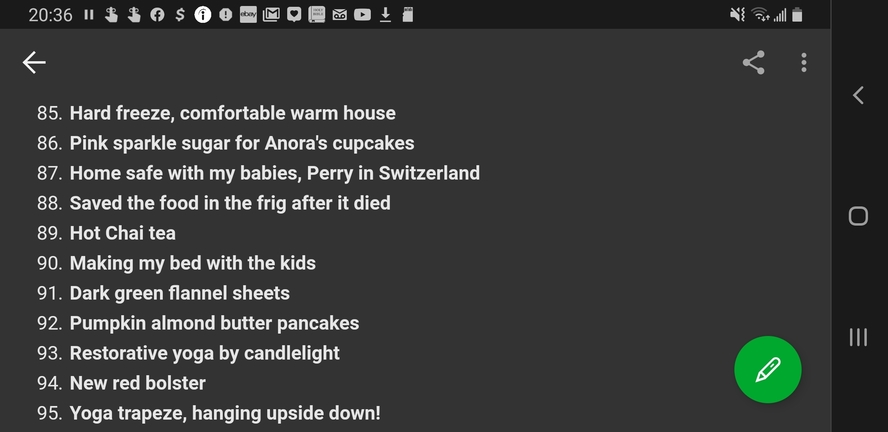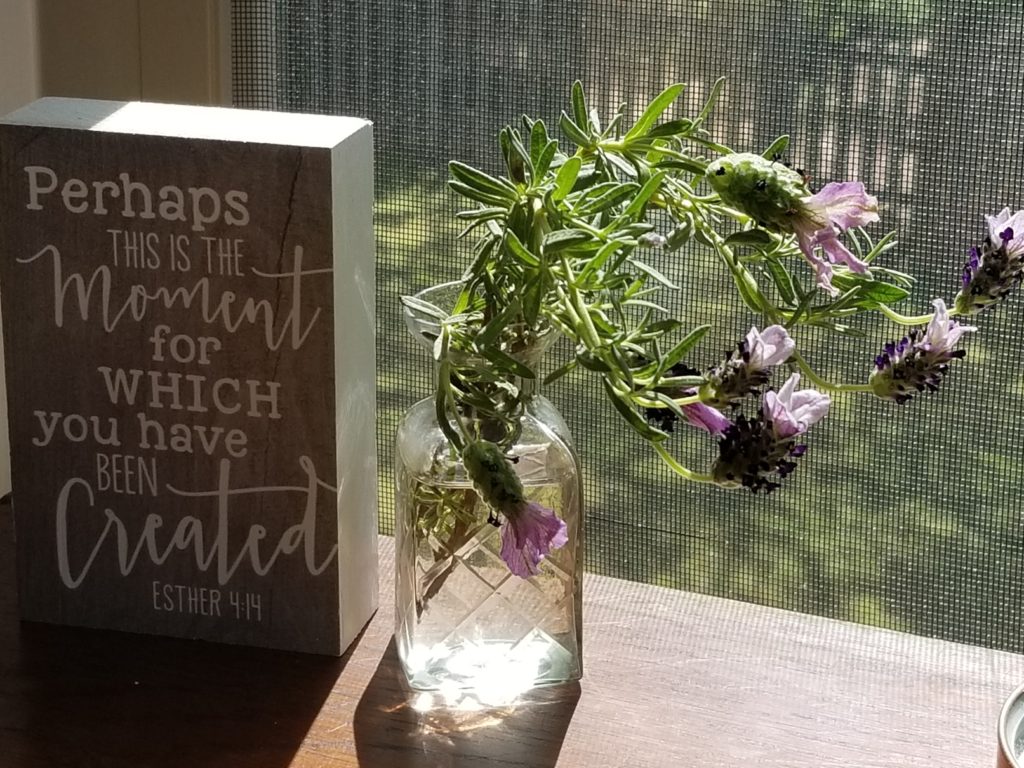For those of you who’ve been following these posts, you know about all the things I’m trying to do right now. But for those of you who don’t, let me catch you up.
I’m a practicing OBGYN and Lifestyle Medicine physician, a married mom of four homeschooled kids ages 7-13, and a certified holistic nutrition and life coach. I’m building my coaching practice and am creating an online weight loss course to help other busy professional women to find success in weight loss the way I have. I love my projects and I enjoy being busy and accomplishing things. But I’ve also learned that my tendency is to pile so much on my to-do list that I create a sense of overwhelm and discouragement. I’ve spent years growing my prayer life and practicing mindfulness and meditation to keep me close to God and find balance among the frantic pace of life.
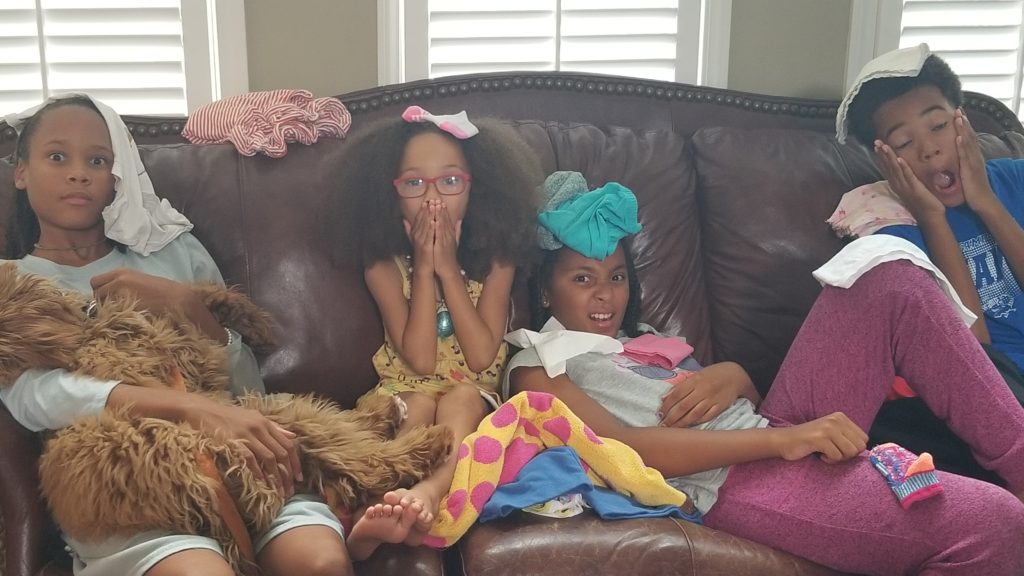
That’s a good summary, right? Sounds pretty peaceful and organized, nice and neat, wrapped up with a bow. And just like people’s timelines on Instagram and Facebook, the story in the background is much more messy, nuanced, and intricate. So let’s talk about what happened this week.
I just came off of a weekend working in the hospital, after which I crashed and slept most of the remainder of the weekend. It was needed, but I really wanted to be conscious to work on the digital course I’m creating. I thought that I’d catch up early in the week because I had two days off and that should be plenty of time to get a ton of work done. And this weekend was “Fall Back”, so I’d get an extra hour of sleep (my favorite night of the year!). But I conveniently let my brain ignore the coaching appointments and homeschool group that meets all day Tuesday and the sales copy I needed to write and the sneakers that my son needed because his shoes had holes in them and the videos I needed to record for my YouTube channel and – well, you get it. There wasn’t as much “free” time as I thought.
So I forged ahead, calendared everything I could, worked through all the lunchtimes, and set aside some work time on Saturday and Sunday. When my meeting Sunday evening was moved to Monday, I celebrated a little. I had time to throw together a quick dinner of garlic green beans, brussel sprout saute, rosemary baby potatoes, and toasted sourdough. We watched part of Coco (it was Dia de Los Muertos), and I got to bed early.
Then I met with Eric, my website creator and all-around tech genius consultant.
 Yep, that’s a huge pothole…
Yep, that’s a huge pothole…
As I drove home, I noticed that I kept wanting to stop the car and pick up food. I almost drove through McDonald’s to get some fries. Then I passed a Thai restaurant that we hadn’t gone to for a long time and I thought that would make a good dinner. Then a glass of wine seemed like the first thing I should have when I hit the door. It took me a moment, but I realized that I was feeling stressed. My brain (poor thing) was trying to offer me easy comfort options, those tried and true ways that I’ve used in the past to try to combat my stress and anxiety. Fortunately, I caught onto my mind and talked myself down.
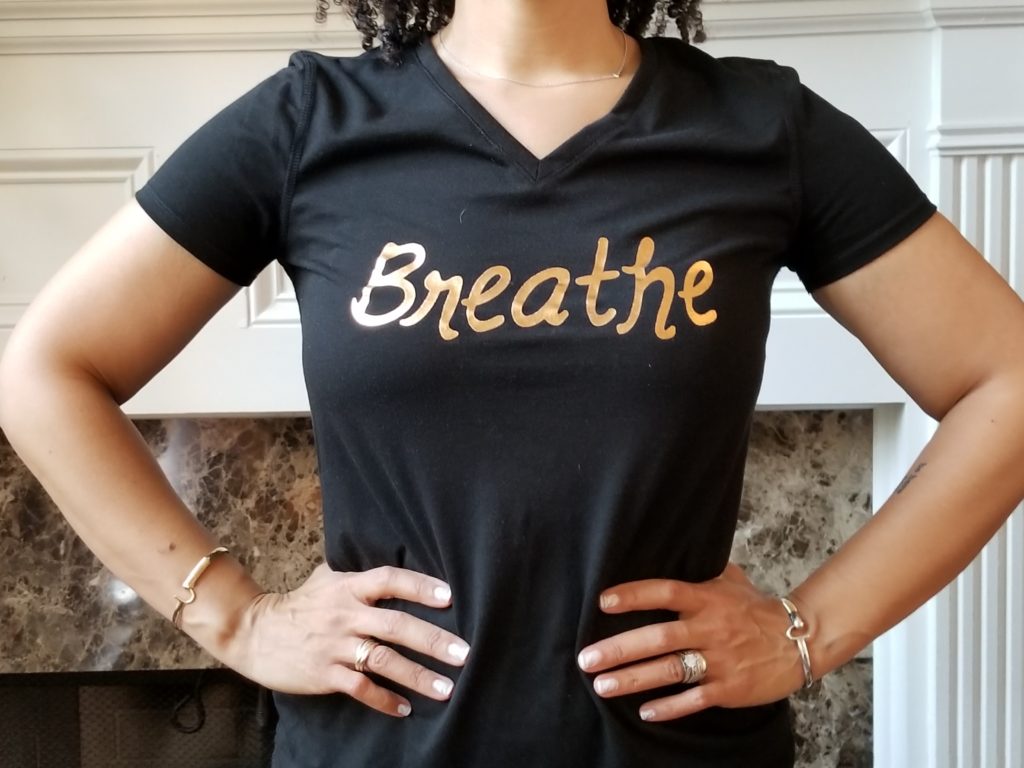
Now, don’t get me wrong. My meeting was not difficult or harsh in any way. Eric is not only a tech genius, but he’s also a soft touch. If anyone can deliver the overwhelming message of what it will take to create what I want from a tech perspective and not make me want to throw myself off the nearest bridge, it’s Eric. But what did come out of the meeting was a much more clear understanding of what was going to be needed from me to be ready to launch this course, and I was crystal clear of the scope of the work I still needed to do (at least for now). It was A LOT. And my brain was ready to throw in the towel. Cash me out – I’m done. I had ALL the thoughts: I don’t have enough time to do all this. The kids need me too – I can’t do more stuff and ignore them. It’s going to take me forever to do all these slides for the course – who has time for all that? My anniversary is this weekend and I don’t want to work then – it’s not fair I can’t take a break. The busiest time of the year is coming – everyone in this family except me has a birthday and the holidays are coming and what in the world made me think I could do all this and create a course at the same time anyway?! It was pretty loud in my head.
But here’s the key: I will not quit. I have my moments, sometimes much more frequently than I’d like when I entertain the thought of quitting. I can justify it and give you all the reasons why it would be better if I quit. But I won’t. That’s why I was successful at weight loss and keeping the weight off – because I did not and will never quit. I won’t stuff myself with fries because I’m stressed, but if I did I’d pick myself back up and get back on my plan tomorrow. I could quit and try to convince myself that I can create this business after the kids go to college, but I won’t. I may have to slow down, change my plan, try a different way, but if I keep going I will get there.
You cannot be a failure if you don’t quit. That’s how so many of us self-sabotage – we keep quitting on ourselves. We believe the thoughts that tell us that we can’t lose weight or that a normal BMI is out of reach, or that we are destined to be big because of our family, or that cooking for ourself is too much work, or eating healthy is impossible with this crazy schedule. All those are thoughts, and not one of them is true. You can do whatever you want. That’s one of the great things about being a grown-up! If you want to lose weight and you never quit on yourself, you will do it. It might be slower or faster than you planned, it might require you to change things you’d rather not, and you certainly are going to have to stop eating your feelings and your stress. But you will make it.

We all have days we want to quit. Many of them we work through, pick ourselves up, and keep going. Do you know what makes it easier? A coach! If you want help with your thinking so you can make it to your goals, comment below and we can set up a mini-session. You can make it!

